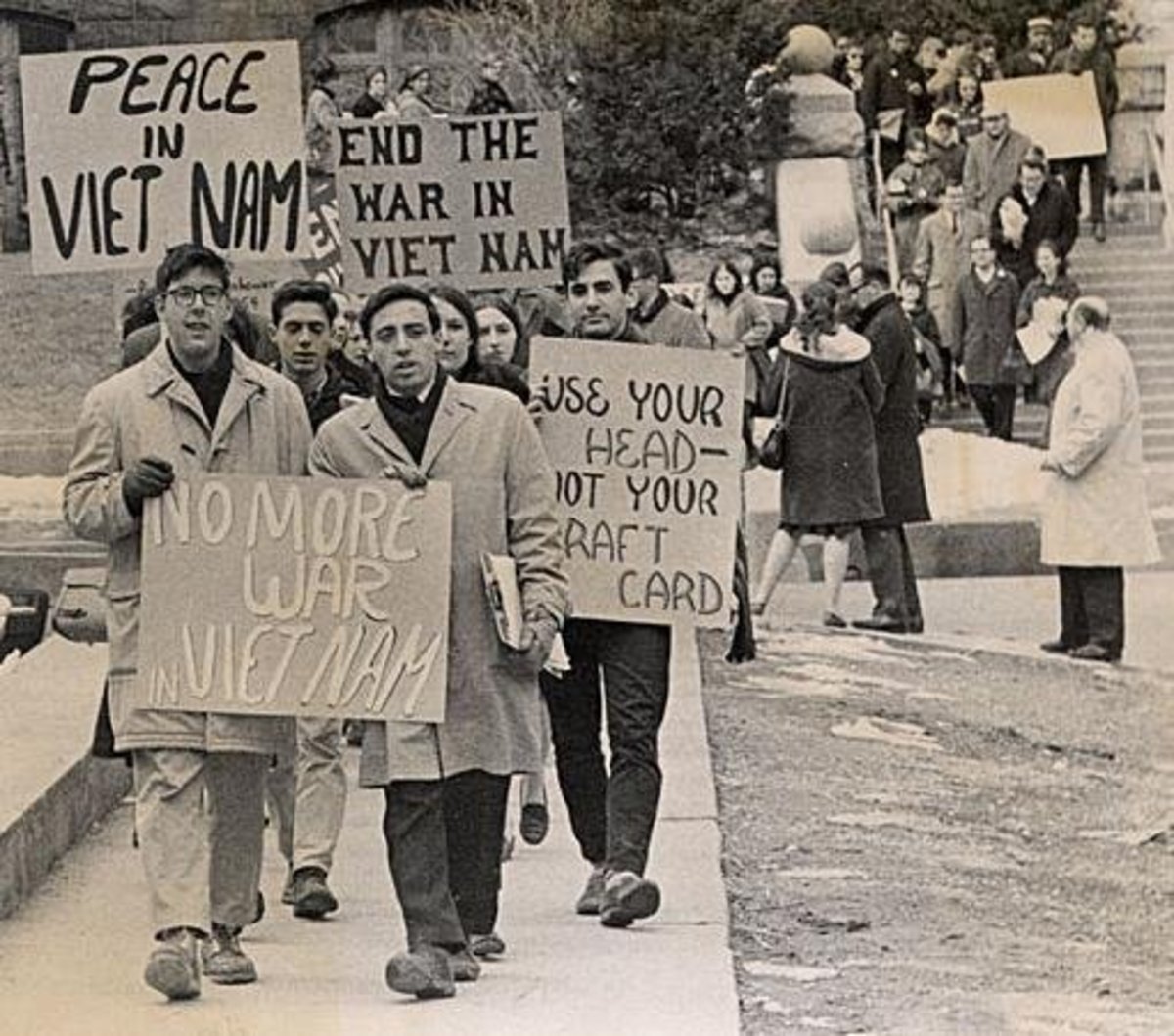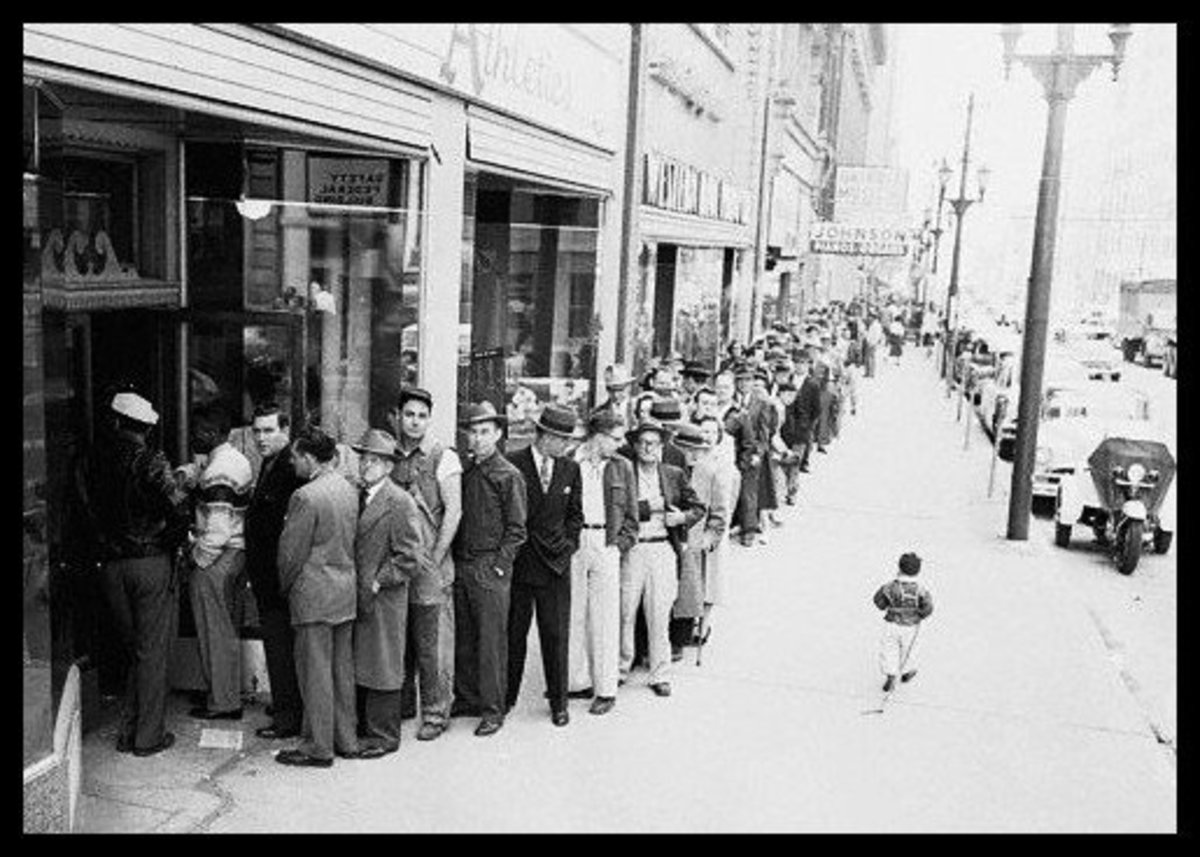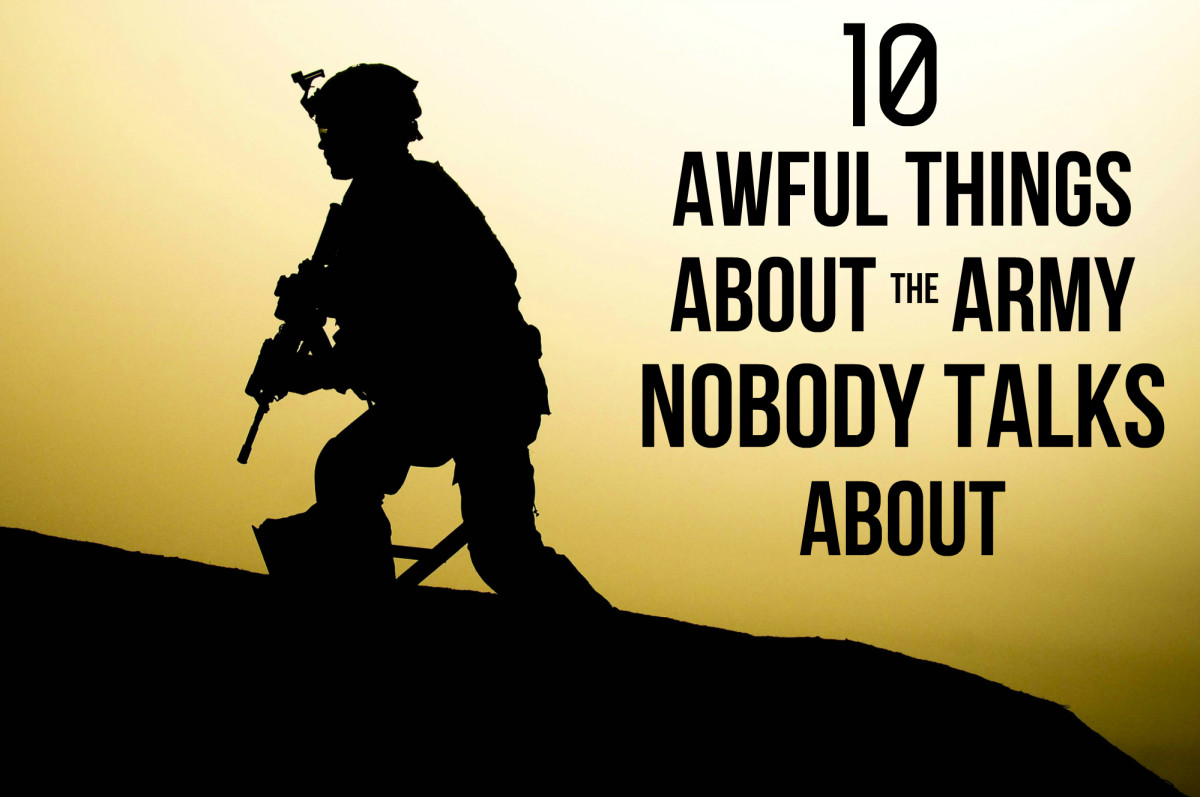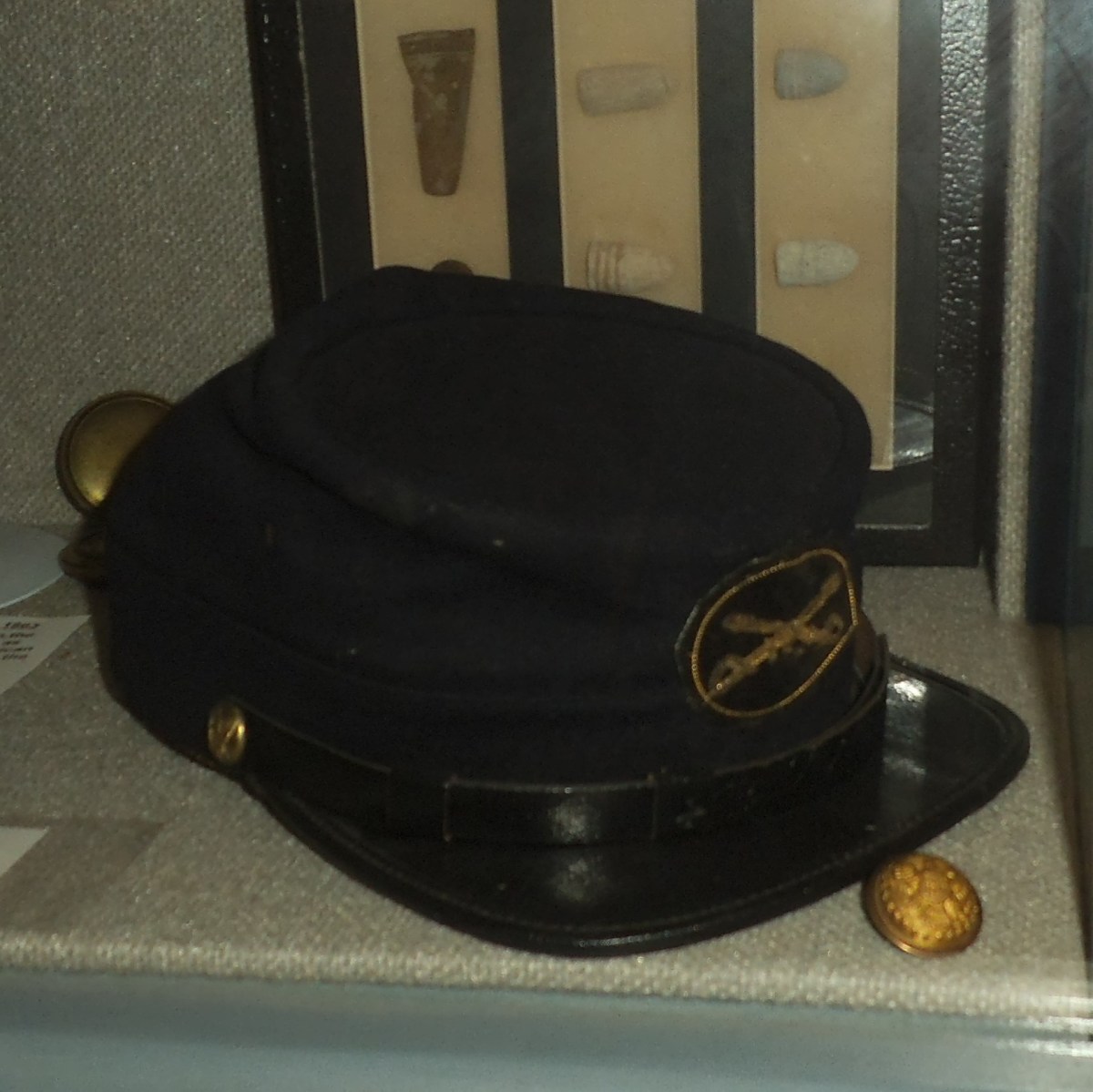Should Images of War be Censored?
When one hears the term “Images of war” the immediate thought that it evokes is one of graphic images of death and destruction. In one way or another most Americans have been exposed to this depiction of violence that is inherent in any armed conflict. But should we as a public necessarily have to be exposed to such brutal images? Would we be better off censoring these images so the general public is spared the burden of seeing the consequences that are faced when one force is pitted against another? In short, no, we would not. It may seem that protecting the general public from these graphic images would be overall beneficial, seeing those sort of images is not something that most people would actively choose to do. When it comes to images of war however there is a caveat that must be addressed, that is the fact that the politicians that we elect to lead and guide our country are the ones who decide when and how we conduct warfare. And it is the responsibility of every American citizen of voting age to understand the consequences that are involved when a nation decides that killing an adversary is its best course of action.
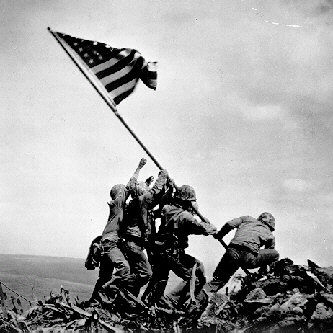
The argument to censor any government action bring with it some scary implications. We as a democratic society have a direct responsibility regarding the actions of our government. When we allow that same government to control the flow of information to the public we are effectively narrowing the lens through we make the decisions that control the direction in which we steer our country. That is not to say that brazen images of death and dismemberment brought about through military actions should be plastered on every street corner, but they should still be available for public viewing when the need for it arises. It can be argued that when news sources reported on the horrors that were occurring during the Vietnam war that anti war sentiment grew exponentially as a result. In response however, it could be argued that the anti-war camp was right to be opposed to it. One’s reality never truly changes only one’s perception of reality can change. Making sound decisions about when and how to kill another human is a large burden to bear. It is easy then to send a 19-year-old marine with a rifle to go and do it for you without thinking of the implications. But when the images of the action that you supported come back and you need to face them it becomes real and one needs take a hard look to see if that’s the type of word they want to live in.
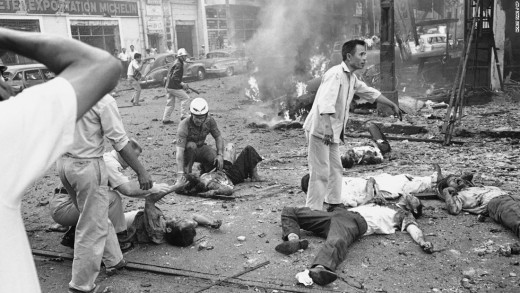
The opposite view to not censoring images of war can bring with it good arguments as well. They will argue that by showing too many images of the violence of warfare that the population can become desensitized to the images and start to lack empathy. But people in our society are freely exposed to senseless violence in their everyday lives. The call to ban violent T.V. shows is but a whisper in comparison and in a single season of some popular shows one can see more violence than in a military enlistment. What is particularly alarming about the call to censor images of war is that it speaks nothing of the act of warfare its self. Wars will continue to be fought and people will continue to die but all of that is fine as long as one doesn’t have to look at it? That seems like a childish mindset to have on the matter, equitable to sweeping a mess under a rug and calling the room clean. Indeed then, we as adult American citizens should not be free from the reality we create.
When a reporter writes on a subject they are trying to convey a message. Often times though, mere words fail to fully cover the gravity of the situation on which they are reporting. Reading about warfare vs. seeing the results are profoundly different, “A picture is worth a thousand words” as they say. The consequence of censoring images that may be vital to properly understanding or feeling what is being reported. This in effect hinders the ability of the media to convey information to the American public that they themselves have no other means of access to. With the exception of our armed forces, we as Americans have been very fortunate to be geographically dissociated from armed conflict. Therefore, it is easy for us to underestimate just how brutal war can be. When we knowingly blind ourselves to the plight of others than we are forfeiting not just our freedom of information but our morals as well.
Taking away the rights of Americans raises the question, is what we are gaining enough to justify what we are giving away? In the case of censorship, the case for it does not outweigh what we must sacrifice. If we were to concede that we will let a government agency censor war images we are giving away part of our autonomy as free decision-making citizens. What would there to be gained from such a concession? Only the fact that we no longer need visualize the darkest aspects of humanity while doing nothing to prevent it. We would be willingly blinding ourselves to reality for the sake of an illusion.
One may argue that the American public simply isn’t equipped to deal with these sorts of images. The United states military force is the most powerful in the world with some of the most comprehensive training of any other force, surely, they are trained to handle this sort of violence. As trained killers they must be used to it, right? What people tend to forget when talking about our Soldiers, Sailors, Marines, and Airmen is that they are people like everyone else. There is no special training or simulator that can prepare you for what life in the military is actually like. When we send these men and women to fight our wars, we are sending our brothers, sisters, sons, and daughters and should be treated as such. Though a portion joined with seeing combat as their primary goal, many also joined for other aspects such as pursuing an education, professional experience, and in some cases a last hope of escaping a bad home situation. Again, if we as a country decide to go down the path of war we must all walk it together. The men and women of the military sacrifice so much so we don’t have to, and we not are doing them nor ourselves any favors by closing our eyes to what they do for us.
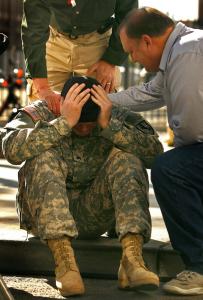
Though the consequences of censoring images may not seem palpable, for various groups of people these images can have life changing effects. As reported by Fantz, A., & Shoichet, C. E. (2015), On September 2, 2015 Alan Kurdi was three years old. His family and him were Syrian refugees trying to reach Europe. Alan and his family capsized in the undersized boat they were trying to use to get to Greece. Alan did not make it to shore alive. A photo of his body face down in the sand was spread and, as written about by Wintour, P. (2015), in the aftermath the UK government promised to take in an addition 20,000 refugees amid outrage to ensure tragedies such as this are prevented in the future. That is 20,000 lives that were potentially saved, the fate of Alan Kurdi is an immense tragedy, but by not censoring what happened we may be able to prevent such tragedies in the future.
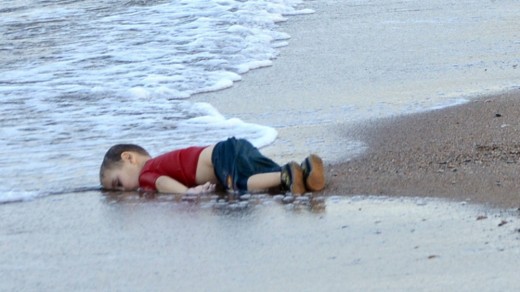
The primary issue with censors of any sort is that it is in violation of our first amendment right as Americans. Again, it is not to say that these graven images need to be in every classroom down to the youngest of grades, but we already have measures in place to ensure that proper viewing audiences are the ones who are exposed. When we allow information of any type, especially that involves how we perceive the world and how the world perceives us as a nation, to be infringed upon we are forfeiting a stake in our individual roles as members of a democratic society. We cannot hope to end conflicts that we do not know are occurring, or to the magnitude in which they occur. For this reason, though it may be difficult to do, we must face the reality of the world in which we live. And we must all take equal part in channeling the emotions we feel when faced with these harsh realities and work towards a world in which the atrocities seen in these images no longer occur.
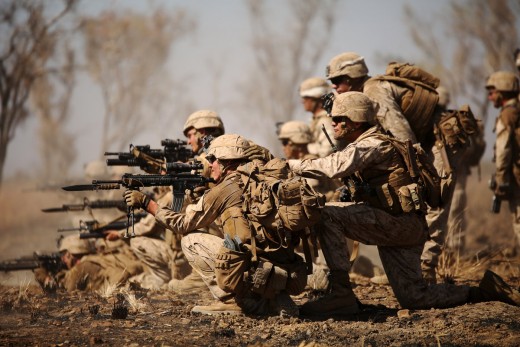
References:
Fantz, A., & Shoichet, C. E. (2015, September 4). Syrian toddler's dad: 'Everything I was dreaming of is gone’. CNN
Retrieved from: http://edition.cnn.com/2015/09/03/europe/migration-crisis-aylan-kurdi-turkey-canada/
Wintour, P. (2015, September 7). UK to take up to 20,000 Syrian refugees over five years, David Cameron confirms. The Guardian
Retrieved from: https://www.theguardian.com/world/2015/sep/07/uk-will-accept-up-to-20000-syrian-refugees-david-cameron-confirms

